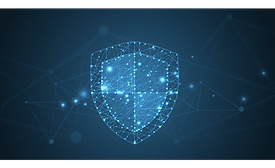Cybersecurity News
How Cybersecurity Can Best Support the Digital Enterprise
As companies digitize businesses and automate operations, cyber risks proliferate; here is how the cybersecurity organization can support a secure digital agenda.
August 1, 2019
Sign-up to receive top management & result-driven techniques in the industry.
Join over 20,000+ industry leaders who receive our premium content.
SIGN UP TODAY!Copyright ©2025. All Rights Reserved BNP Media.
Design, CMS, Hosting & Web Development :: ePublishing















